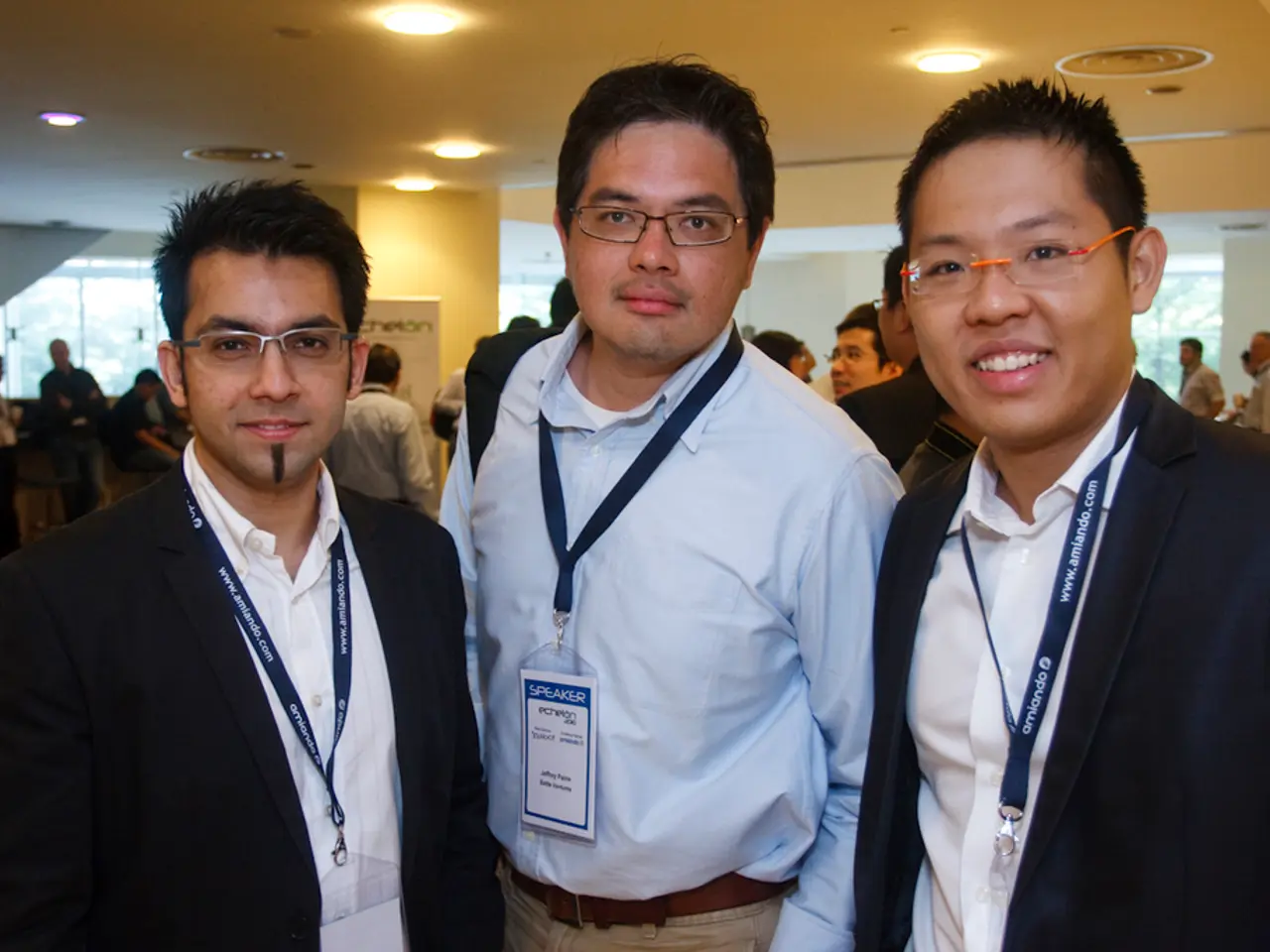Lattice-Based Scheme Boosts Online Privacy Against Quantum Attacks
Researchers have made a significant stride in internet privacy with the development of the first lattice-based dynamic k-times anonymous authentication scheme, secure against quantum computer attacks. Led by Junjie Song, Jinguang Han, Man Ho Au, Rupeng Yang, and Chao Sun, this scheme tackles the challenges of managing groups with frequent membership changes while preserving user anonymity.
The team's innovative approach uses zero-knowledge arguments of knowledge within a lattice-based dynamic authentication scheme. This allows for secure communication within the authentication protocol, even as group members join or leave.
The system defines four key security requirements: D-Anonymity ensures users' privacy, D-Detectability enables detection of malicious behavior, and D-Exculpability for Users and Group Manager provides a means for users and managers to prove their innocence in case of security breaches. Notably, the scheme is post-quantum secure, offering protection against attacks from quantum computers.
Previous methods struggled with dynamic user access management, but this new system addresses these limitations. It aims to allow users to authenticate to service providers while maintaining their anonymity, and it achieves greater efficiency compared to earlier lattice-based methods.
The development of this lattice-based dynamic k-times anonymous authentication scheme marks a significant advancement in online privacy. Led by Chen, Hu, and Ma, the research team has successfully addressed the need for enhanced privacy in online systems, offering a solution that can manage dynamic user groups and withstand potential quantum computer attacks.






